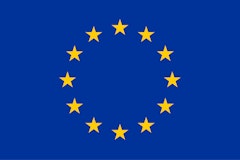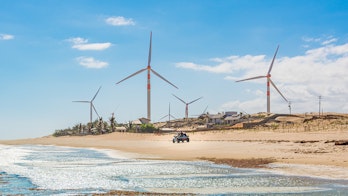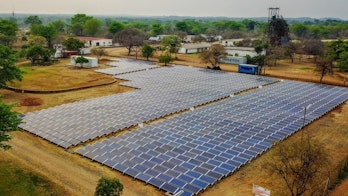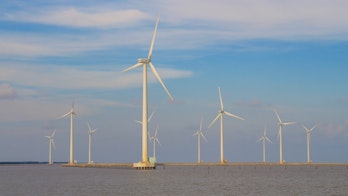
European Union
The Clean Energy Transitions in Emerging Economies programme has received funding from the European Union’s Horizon 2020 research and innovation programme under grant agreement No 952363
Read more

The Clean Energy Transitions in Emerging Economies programme has received funding from the European Union’s Horizon 2020 research and innovation programme under grant agreement No 952363
Read moreThe Clean Energy Transitions in Emerging Economies programme works with specific emerging economies to implement actions to fulfil global clean energy and climate targets in line with the Paris agreement. Currently, the IEA is delivering the second edition of the programme (CETEE-2). It builds on the results and the success of activities implemented between 2020 and 2022, and it provides support and analysis in the following interrelated components: improved data and statistics, decarbonisation of the power sector with renewables, investment and financing in climate-resilient energy assets and infrastructure, and innovation and partnerships for clean energy transitions.
This page presents the results of both editions of the Clean Energy Transitions in Emerging Economies programme.The intended specific objectives of the programme are to:
The Programme contributes to and is carried out in coordination with the IEA Clean Energy Transitions Programme (CETP), which includes a broader set of activities and a larger number of focus target countries. The CETP leverages the IEA’s unique energy expertise across all fuels and technologies to accelerate global clean-energy transitions, particularly in major emerging economies. CETP activities include collaborative analytical work, technical cooperation, training and capacity building and strategic dialogues.
Strategies to unlock clean energy investment in emerging and developing economies

World Energy Outlook Special Report


Assessing critical energy technologies for global clean energy transitions


A Joint Report by the International Energy Agency and the Centre for Climate Finance & Investment

The Clean Energy Transitions in Emerging Economies programme has received funding from the European Union’s Horizon 2020 research and innovation programme under grant agreement No 952363
Read moreThank you for subscribing. You can unsubscribe at any time by clicking the link at the bottom of any IEA newsletter.